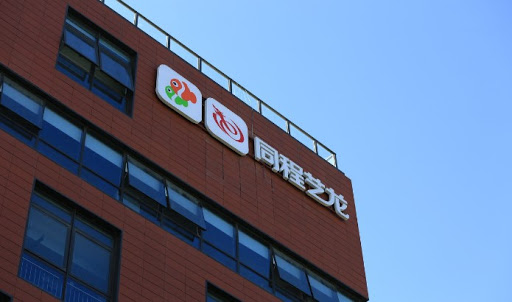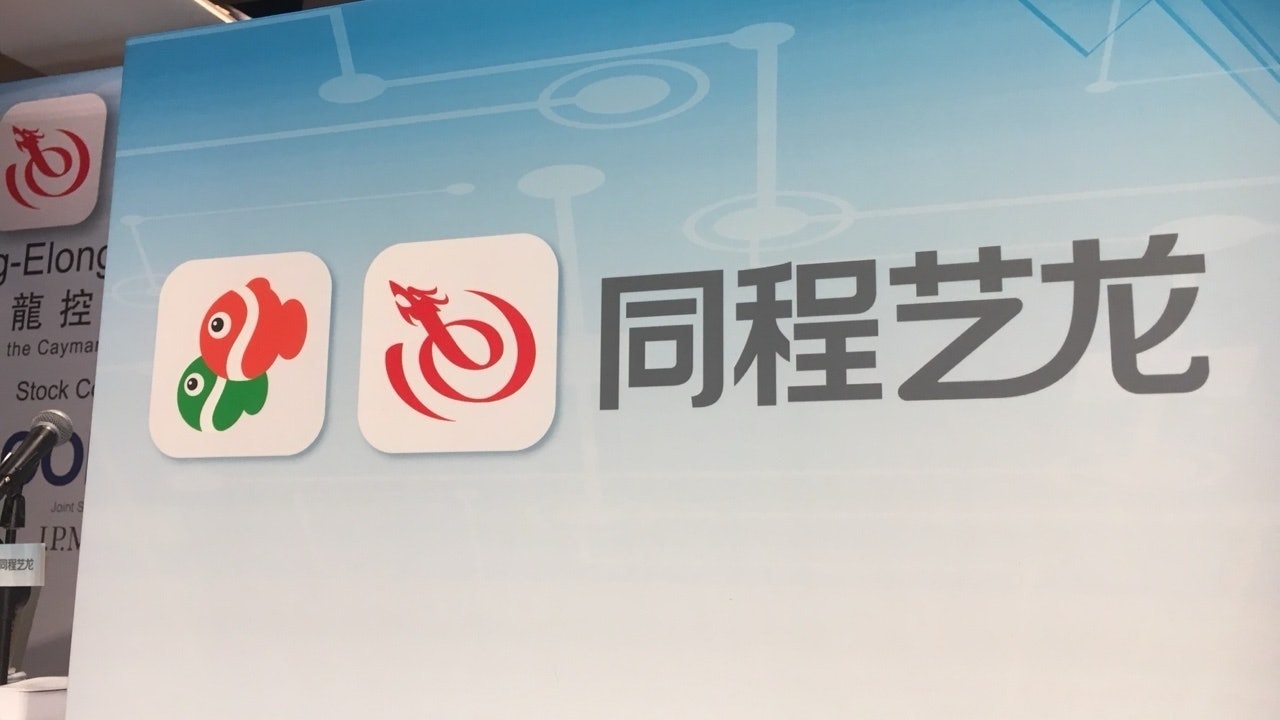2018.11.26 CoStone Capital Views:
On November 26th, Tongcheng-Elong (stock code: 00780.HK) went public and become the first HKEX OTA stock. Wang Qiwen and Chen Yanli, CoStone partners, were invited to witness this historical moment.
On November 26th, Tongcheng-Elong (stock code: 00780.HK) went public and become the first HKEX OTA stock. Wang Qiwen and Chen Yanli, CoStone partners, were invited to witness this historical moment.
Tongcheng-Elong is formed after the merger of Tongcheng and eLong, the leading OTAs in China.
Tongcheng-Elong ended today with a 26.53% increase from its issuing price, which brought its market value to 25.5bn HKD.
Tongcheng-Elong is a one-stop-shop for users' travel needs. Travelers can book tickets for multiple modes of transports, hotels, and various ancillary value-added travel products.
According to iResearch, Tongcheng-Elong ranked third in terms of GMV in China's online travel market in 2017.
CoStone is the eighth shareholder of the company since 2015. The investment is based on the following considerations:
The online travel market has huge potential. China’s GDP per capita has exceeded 8000 USD, hoping to witness a nation-wide traveling heat. The penetration rate of online travel in China was only 7.9% when developed markets stood at 30% back in 2015.

Besides, Tongcheng-Elong boosts an excellent management team led by Mr. Wu Zhixiang.
With the super traffic brought by WeChat and Mobile QQ, Tongcheng-Elong’s revenue and profits grow at a fast speed.
In the first half of 2018, the Company had a consolidated revenue of RMB 2.83 billion, a net profit of RMB 845 million (unadjusted), and an adjusted profit of RMB 635 million.
Tencent’s support and its effective market strategies make it relatively easy for the company to reach a large, fast-growing, and highly engaged user base, and promise it a bright future.
“Tongcheng-Elong will further innovate our products and services. We are missioned to make travel easier and more joyful for clients, and bring profits for shareholders,” said Mr. Wu Zhixiang, Co-Chairman of the Board and Executive Director, at the ceremony.

Rewritten by Chen Cong, Edited by Li Yunzhen, Du Zhixin
The year 2019 marks the fortieth anniversary of China’s Reform &Opening-Up, once again, we meet at the turning point of history. What’s the next step for the game, is there any clear guidance? The answer is affirmative.
Our country is enjoying a good momentum of development, which does not come from the Washington Consensus nor the Beijing Consensus. China’s experience has proved that both the visible hand and the invisible hand are crucial: the visible hand, stands for the government-led reform, and would yield benefits for reform and opening up; the invisible hand, stands for the Marginal Power represented by the private sector, and would improve economic efficiency and tax collection, create jobs and employment opportunities.
Provided that we want to protect and expand the benefits form reform, three simple but mandatory agreements are to be made and followed: No.1 Private ownership must be recognized, protected and treated equally with public ownership constitutionally, both ownerships are scared and inviolable;No.2 Make further clarification of the principal position of market economy, “deepen economic system reform by centering on the decisive role of the market in allocating resources”, as President Xi addressed in the third Plenary Session of the 18th CPC Central Committee;No.3 Implement the guiding principles of “comprehensively promoting law-based governance” of the fourth plenum. The rule of law is essential for economic growth, irreplaceable to protect private ownership, and necessary to encourage innovation and entrepreneurship.
Above are three rules for us to avoid falling into the Middle-income Trap. Assuming that we are breaking systematic barriers to private enterprises’ participation in market economy, and boosting innovation and entrepreneurship of our society, then we are heading towards a promoting direction. We are marching in the path of light, regardless of the ups and downs of Sino-US relationship, the drop in GDP growth rate, or the monetary policy.
These principals also apply on knowing how better to run a business: don’t be hedged by rules and regulations at the beginning, pay more attention to your survival, and you’ll learn more when you start your second business.
For many years, Huawei has been the only Chinese company on the list of the Top 50 R&D Spenders. Regardless of the economy and its income, what Huawei has been doing is investing in its future, dedicated to R&D, continuously and resolutely. This provisional work underscores Huawei’s accomplishments, making Huawei anindustry leader.
So, there are standard answers on how to run a company,which could be summarized as concentration and professional dedication, continuous investment on innovation and trying harder in R&D. Entrepreneurship is also important, every single company needs entrepreneurs to push aside all obstacles and difficulties, to implement strategies and ideas. We, as investors, are destined to look for such outstanding entrepreneurs and their companies, invest in them and partner with them.
At this key point of history, a country, a company, or asingle individual, will all need to find the right path. Four decades after the Reform and Opening-up, it’s time to learn from our experience and stop “wadding across
